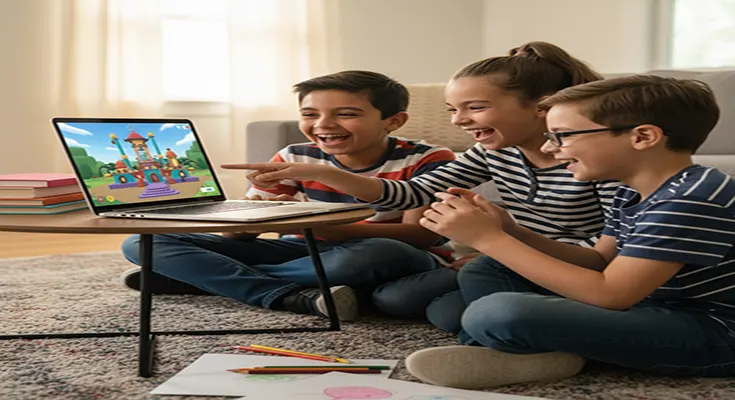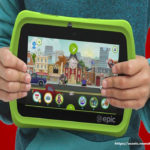Remote learning presents a unique challenge: how do educators foster vital social-emotional skills (SEL) when students are physically distant? The answer, increasingly, lies in the strategic use of online school games. Far from being mere distractions, these interactive tools are proving to be powerful conduits for teaching empathy, communication, self-regulation, and teamwork, transforming remote education into a more connected and engaging experience.
The core competencies of Social-Emotional Learning—self-awareness, self-management, social awareness, relationship skills, and responsible decision-making—are crucial for academic success and lifelong well-being. In a virtual environment where non-verbal cues are often missing, games provide a necessary, structured space for students to practice these skills safely.
The Power of Play in a Remote Context
Online educational games, often referred to as “serious games” when focused on learning outcomes, leverage key elements of gameplay—challenge, narrative, and collaboration—to make SEL accessible and motivating:
- Fostering Self-Awareness and Self-Management: Many SEL games and apps incorporate digital check-ins and “feelings monsters” or emoji systems (like those found in Microsoft Reflect) to help students name and identify their emotions. Games focused on emotional regulation, such as Emotional ABCs or mindfulness apps like Smiling Mind or Calm, provide breathing exercises and scenarios that teach students how to pause, reflect, and manage strong feelings. By putting students in a position to make low-stakes decisions within a game, they can quickly see the consequences of their actions, which is essential for self-reflection.
- Cultivating Social Awareness and Empathy: Cooperative online games are excellent for building perspective-taking. Activities like virtual Role-Playing Scenarios or even collaborative building environments like Minecraft Education challenge students to work together, negotiate roles, and see a problem from a classmate’s point of view. This process naturally cultivates empathy, as students must consider the feelings and needs of others to achieve a common in-game goal. Simple digital adaptations of classic games, such as “Feelings Charades” (using only facial expressions on video) or “Guess Who” (based on fun facts about classmates), also make communication and non-verbal cue recognition a fun part of the remote classroom.
- Strengthening Relationship and Communication Skills: The isolating nature of remote learning is directly addressed through games that require active communication. Digital teamwork in platforms like Classcraft (which teaches cooperation) or group challenges that require students to solve a puzzle or tell a story together encourage vital relationship skills. Students practice active listening, clear instruction-giving, and conflict resolution as they navigate a shared objective. For older students, virtual simulations and “Would You Rather” games with SEL prompts offer a safe forum for discussing social issues and ethical decision-making.
Key Online Tools and Strategies
Educators can integrate various types of online games and activities to bolster SEL:
- Dedicated SEL Programs: Platforms like Harmony SEL offer structured, ready-to-use lessons and games specifically designed to address all five SEL competencies.
- Virtual Reality (VR) Experiences: Though often costly, VR games like those from Kai XR offer deeply immersive experiences that allow students to literally “step into someone else’s shoes,” profoundly enhancing empathy and social awareness.
- Creative Group Projects: Using tools like Canva to collaboratively design a “Mood Check Poster” or a “Kindness Scavenger Hunt” list turns a creative digital activity into a social exercise.
- Modified Icebreakers: Simple, no-tech-required virtual games like “Pass It On” (a whispered or typed-out story) or “Mystery Voice” keep students engaged and encourage communication in the virtual space.
Ultimately, online school games are more than just a momentary escape; they are a purposeful pedagogical tool. By embedding social and emotional lessons within engaging play, remote educators can ensure that even when students are learning from a distance, their essential human connections and emotional intelligence continue to grow.











